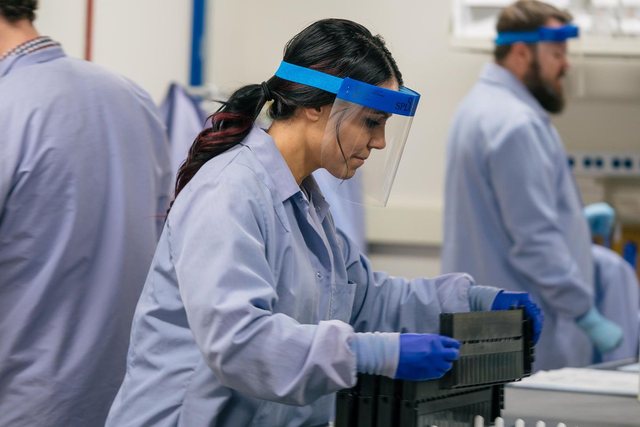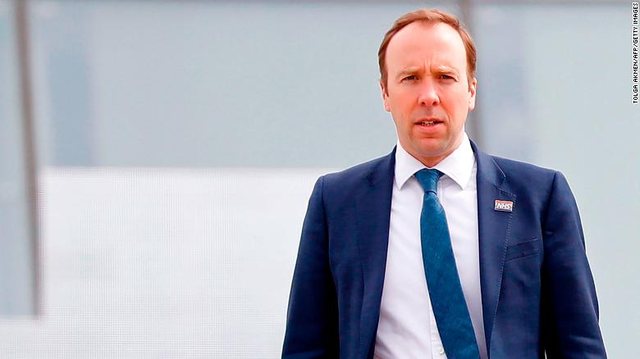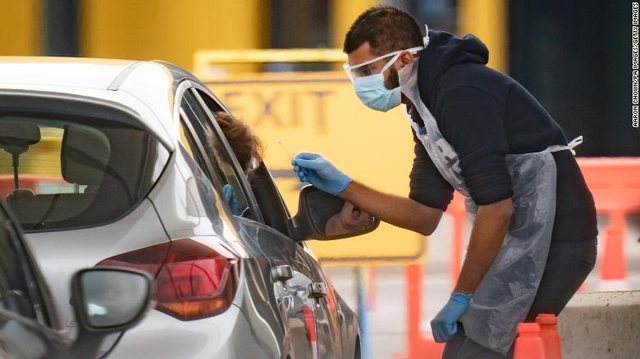
Perhaps half the worldâ??s population is living under a form of restriction to help curb the spread of coronavirus. Many of them have begun to wonder when and how these harsh boundaries will end in daily activities.
Most experts agree that the only way out of isolation is testing. Reliable tests will allow people to know if they have had the virus and therefore at least enjoy a degree of immunity. But can people determine their own status and what rights would it give them?
In the UK, Health Secretary Matt Hancock, who has just come out of isolation after testing positive for Covid-19, suggested that Britons who had the virus could come up with a certificate, which has already been called an immunity passport.
" We are looking for an immunity certificate, how people who have had the disease have taken antibodies and therefore gained immunity, they can show this and return to normal life, " he said. Later, on the BBC, he said it could be in the form of a wristband.

" It's too early in the science of immunity coming from disease, " to make any strong decisions now, Hancock said. Possible challenges include finding a reliable test to determine who has coronavirus antibodies, determining the level of immunity given by the previous infection and how long it lasts, and the ability of excess health systems to perform reliable tests. widespread antibodies in the general population.
Difficult social questions can also be asked. Can immunity passports create a kind of two-tier society where those who have them can return to a more normal life, while others will remain locked up?
The UK government has already been widely criticized this week for limited coronavirus testing capacity for healthcare workers and others, prompting skepticism about whether it can offer a more ambitious program.
On Friday, Hancock told the UK UK broadcaster ITV that the UK government had not yet found a functioning antibody test.
The idea of immunity certificates is â??really smart,â? he said. " But still we're not going to bring them in because we don't know yet if immunity is strong enough and there's still more science that needs to be done about people's immune levels after they've been affected by the disease ."
" So only when we have confidence that it is reasonable will we do it, " he said.

Two-tier society?
Paul Hunter, a professor of healthcare at the University of England in England, told CNN that his first reaction when he heard Hancock's proposal was "what a great idea", but very soon his ideas turned to what it could go wrong.
On the positive side, he said, " If you get something like this, people will come back to areas where a lot of others will be at risk, but once they're infected, they don't have to worry about getting it back." the virus in their families again . â?
However, a major weakness is the possibility of people cheating. " Can people pretend they were immune when they weren't, because they had to go out and make money? "
It is also unclear whether the antibody test, once a reliable type has been developed, will be administered at home or in a healthcare setting.





